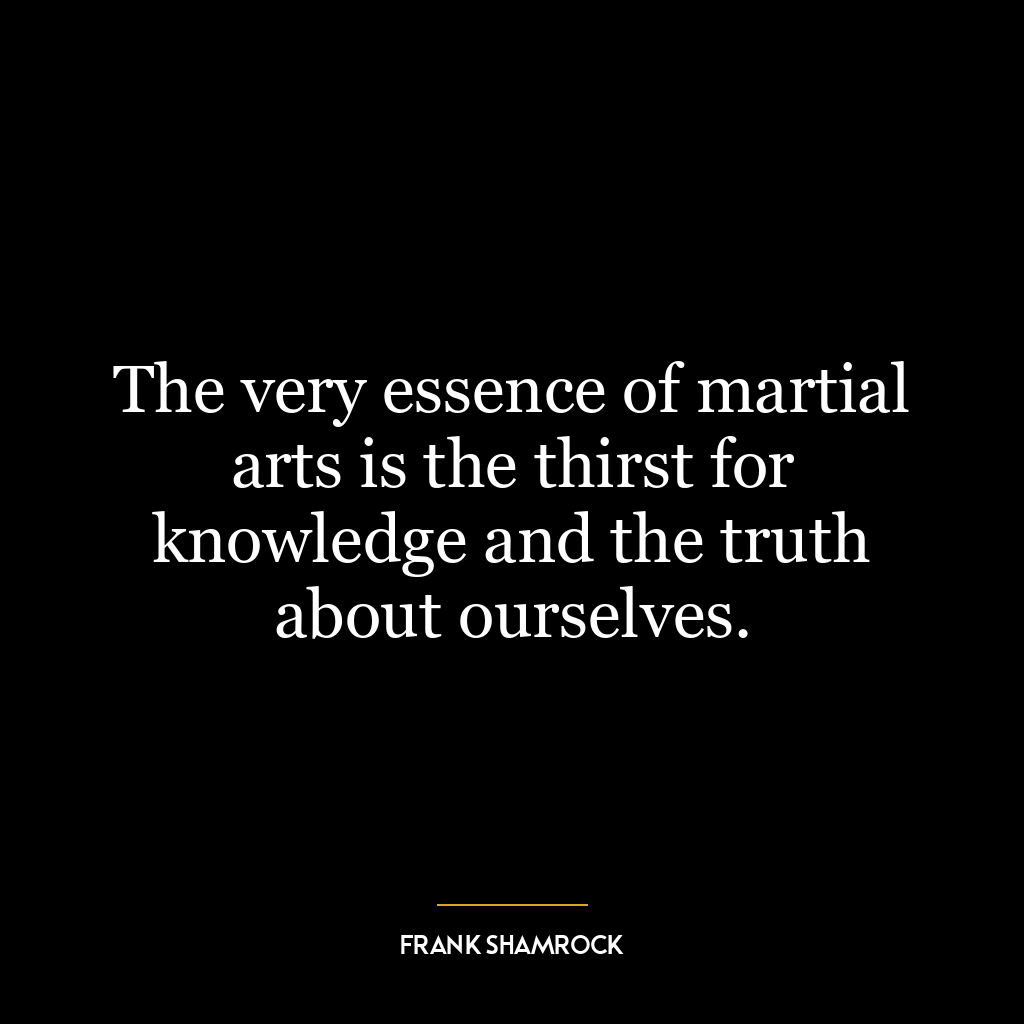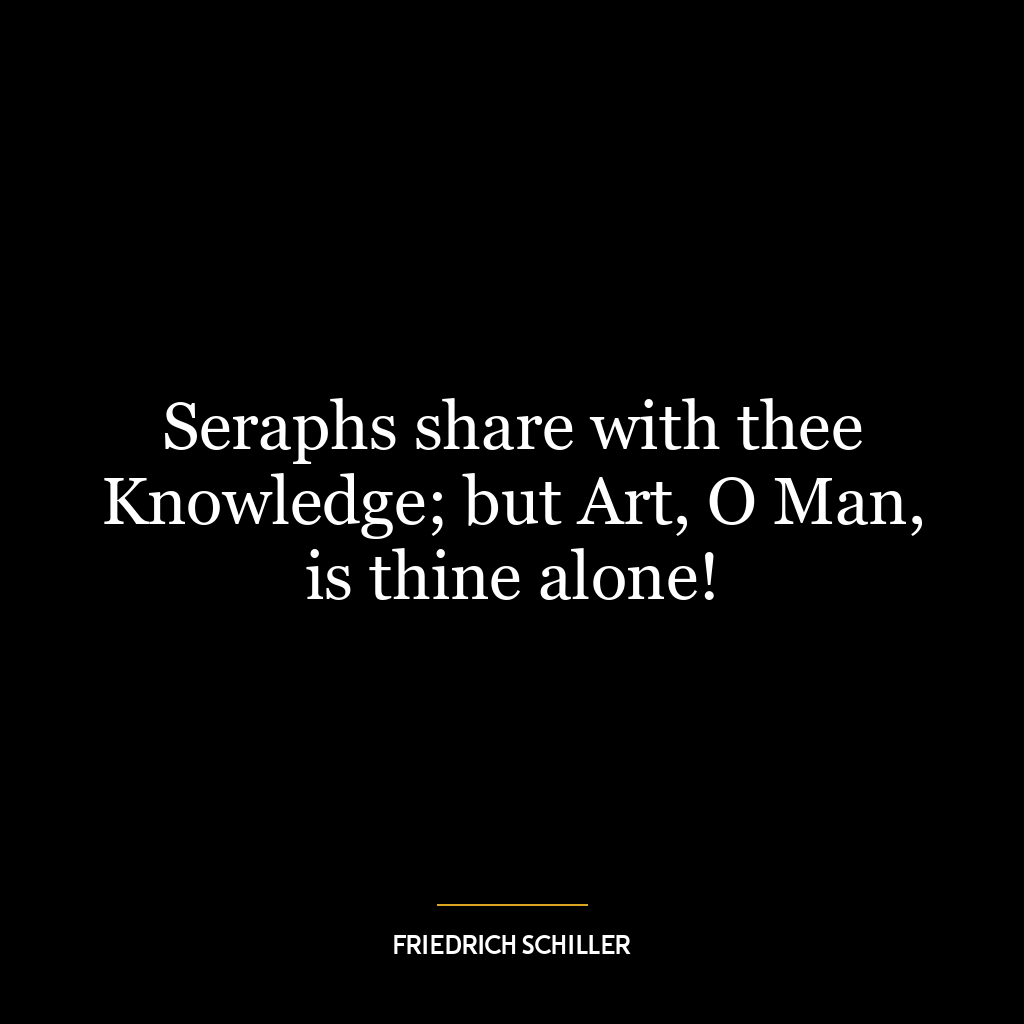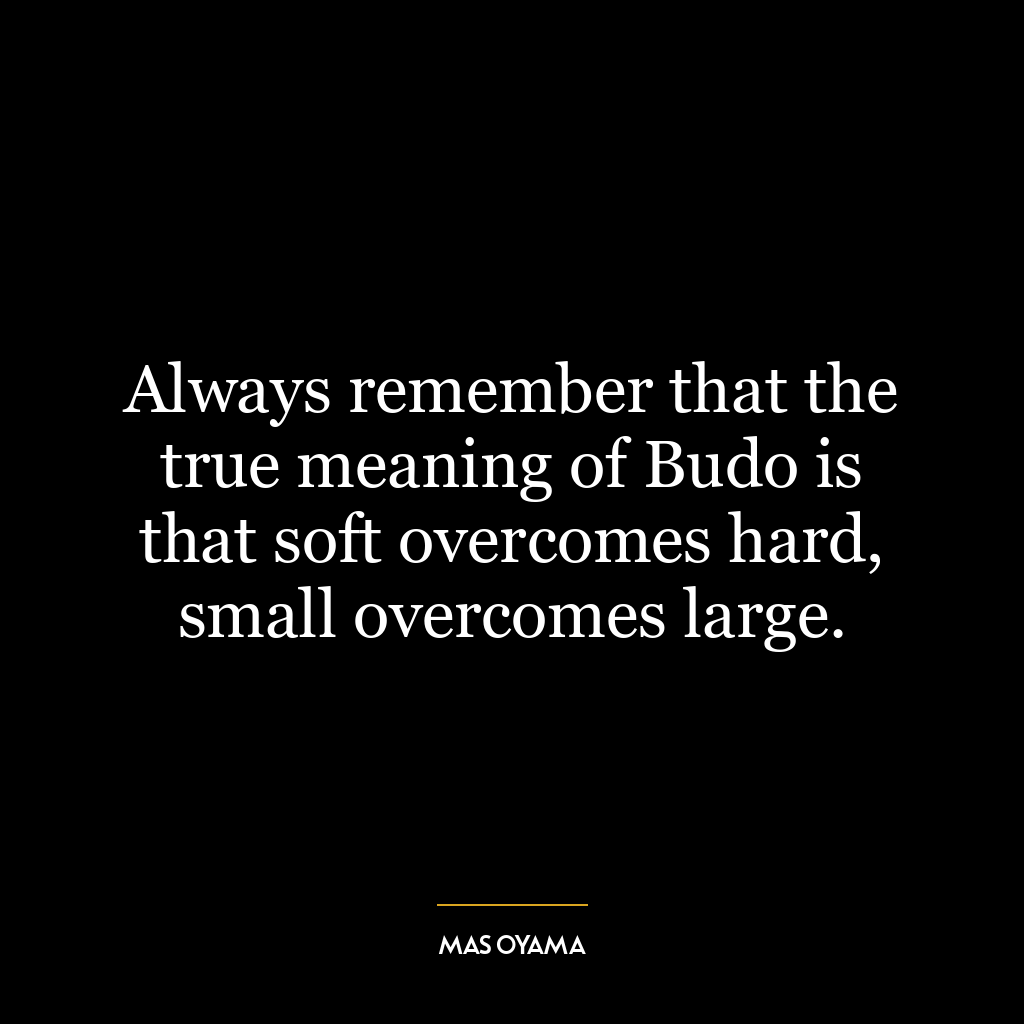It is precisely in knowing its limits that philosophy consists.
This quote suggests that the essence of philosophy lies in understanding and acknowledging its own limitations. In other words, true wisdom comes from recognizing what we do not or cannot know. This is a humbling perspective that emphasizes the importance of intellectual humility and constant learning.
The idea of knowing limits can be applied in various aspects of today’s world and personal development. For instance, in the realm of science and technology, acknowledging the limits of current understanding can drive innovation and discovery. When scientists realize what they don’t know or understand, they are motivated to explore, experiment, and learn more, pushing the boundaries of human knowledge.
In terms of personal development, recognizing one’s limits can lead to growth and improvement. When we acknowledge our weaknesses or areas of ignorance, we can focus on learning and improving in these areas, rather than remaining complacent or overconfident in our abilities. This can lead to personal growth, increased competence, and a more well-rounded character.
Moreover, in the context of social and political discourse, understanding the limits of one’s knowledge can promote more open-minded and respectful dialogue. When individuals acknowledge that they do not have all the answers, they may be more willing to listen to others’ perspectives and consider different viewpoints.
Overall, the idea that philosophy consists in knowing its limits encourages intellectual humility, continuous learning, and open-mindedness. These values can contribute to scientific progress, personal development, and a more empathetic and understanding society.












